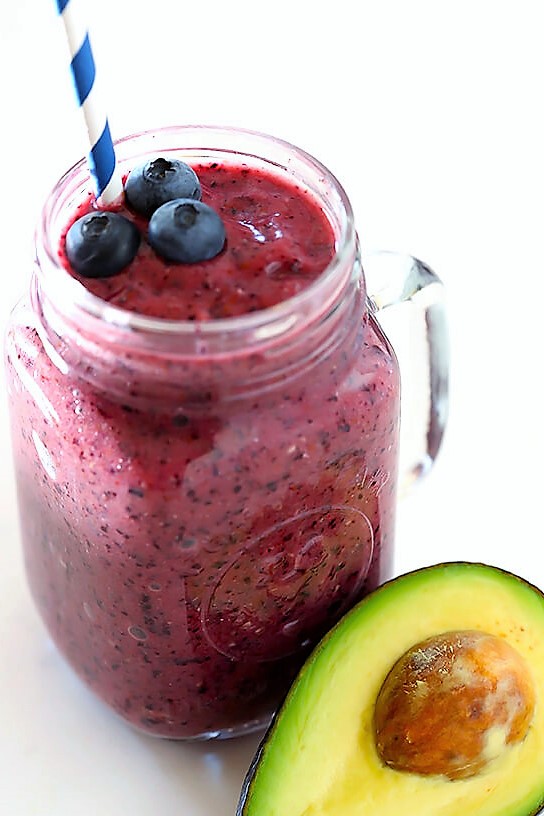Learn about brain health and nootropics to boost brain function
Post-menopausal SHAKEdown


By Kara Keels, B.Sc, Nutritional Therapy Practitioner
Proper nutrition changes somewhat after menopause because a woman tends to lose bone, connective tissue and muscle mass. The post-menopausal period may be accompanied by joint and muscle changes and some loss of strength, as well as cognition.
After menopause, the decreased hormone levels associated with aging may affect a woman's cognition, as well as decrease the feelings on energy. She can combat this drop by eating a proper whole food diet that will keep her feeling on top of her game.
Please note: Staying active is also important, whether it be mental activities that challenge the mind or physical activities like walking, hiking and or gardening.
My recommendation for a client in this situation is to start the day with a Brain Boosting Smoothie which consists of a variety of whole foods with proper fiber, protein and essential fats.
Power Greens: Kale, Spinach and Collards. Leafy greens such as kale, spinach, collards, and broccoli are rich in brain-healthy nutrients like vitamin K, lutein, folate, and beta carotene. Research suggests these plant-based foods may help slow cognitive decline.
Berries: I've chosen blackberries and blueberries. Flavonoids, the natural plant pigments that give berries their brilliant hues, also help improve memory, research shows. In a 2012 study published in Annals of Neurology, researchers at Harvard's Brigham and Women's Hospital found that women who consumed two or more servings of strawberries and blueberries each week delayed memory decline by up to two-and-a-half years.
Avocado: They contain more potassium than a banana and offer a great tasty option for essential fats. Avocados have also been known to help boost your mood.
Coconut water: Coconut water is an amazing hydrating beverage. Coconut water contains sodium and potassium, two minerals that help balance fluids throughout your day.
Ginger: Ginger benefits brain aging as well as inflammation, memory attention, and adrenal fatigue. Ginger also serves as a digestive aid…yay for the gut!
Hemp Hearts: These offer Omega-3 fatty acids, which may play an important role in helping memory and cognition. They are also packed with minerals and protein.
Vital Proteins Collagen Peptides: I'm not a big fan of protein powders but this collagen has many benefits. It can help improve skin, bones, reduce inflammation and help promote heart health.
Recipe
- Organic Power Greens - 3-4 cups
- Avocado - ½ Medium
- Manitoba Harvest Hemp Hearts - 1 tablespoon
- Collagen Peptides (Vital Proteins) - 2 scoops
- Ginger Root - about one inch
- Blackberries (frozen) - ½ cup
- Blueberries (frozen) - ½ cup
- Coconut Water - 1 cup
Blend it all in blender and enjoy!
Kara Keels, B.Sc, is a Nutritional Therapy Practitioner living in Vancouver, Washington. For more information about her offered nutritional services, follow her on Facebook or visit her website at www.karakeels.com.
We've worked hard to upgrade this site. Click here to notify us of any problems we need to correct.
SUBSCRIBE FREE
Subscription has its privileges - Each month Seattle DINING! publishes new features on new restaurants, food and beverage news from around the Northwest and special events. Don't miss out on these informative stories.
Sign up today for your FREE subscription and you'll get notification each month when the new issue comes on line. You'll also be the first to find out about special Seattle DINING! events. What are you waiting for? Sign up now!
Click here to view full article